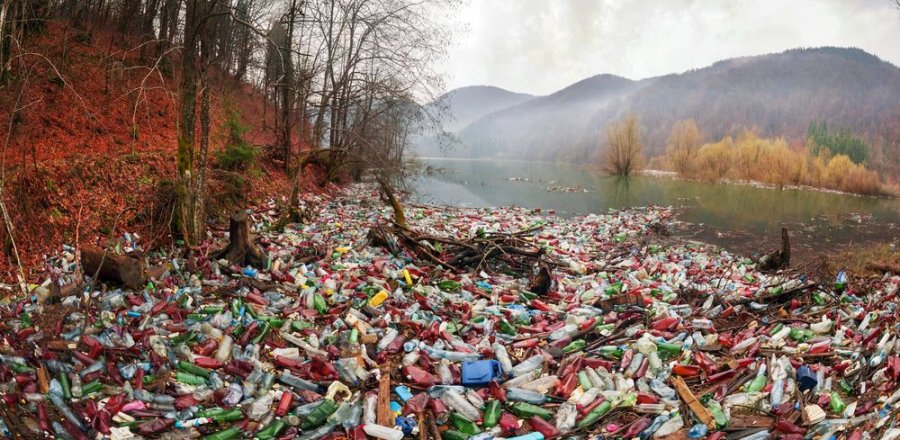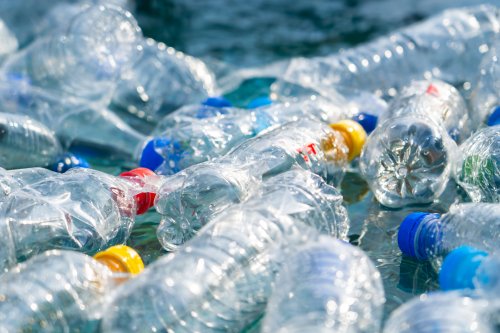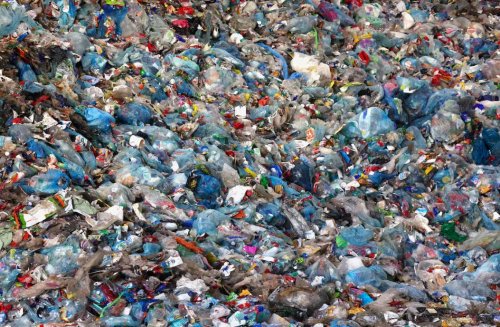A new report by the Organization for Economic Co-operation and Development (OECD) showed that before In 2060, the amount of plastic waste in the world will triple to more than a billion tons.
It will happen nonetheless efforts to reduce primary plastic production, recycling and waste reduction, reports Green Queen.
"Plastic pollution is one of the biggest environmental problems of the 21st century, causing great damage to ecosystems and human health," said OECD President Matthias Cormann.
The report coincides with the commitments of UN member states to intensify efforts to reduce the production and use of plastics, as well as increase recycling efforts.
However, the OECD says that even with aggressive efforts to reduce demand, use and improve global recycling efforts, plastic production is likely to double by 2060.
According to forecasts, new plastic production will exceed 1.2 billion tons. In 2019, plastic production doubled compared to 1999 and amounted to more than 460 million tons.
Together with plastic, more than 350,000 different chemicals are released into the environment.
"The impact we are beginning to see today is large enough to affect important functions of the planet Earth and its systems," said Bethany Carney Almroth, co-author of the study.
Plastic pollution has already spread across the planet. Thus, microplastics were first found in the Arctic in the deep-water sediments of the HAUSGARTEN observatories, where their level was 13,000 particles per kilogram of sediment. The material also noted that this microplastic is consumed by Arctic zooplankton, which is at the heart of food chains.
The increase in plastic will be partly due to population growth, especially in Asia and Africa, but globally coordinated policies may lead to lower numbers.
The report noted that the growth of plastic waste may be low - up to 12% - with a significant increase in efforts. After all, almost 100 million tons of plastic waste are either improperly treated or released into the environment, killing more than a million seabirds and more than 100,000 marine mammals each year.
We will remind, research The EIA showed that threat from plastic as serious as climate change.
As EcoPoliticа reported earlier, American scientists have found a way destroy plastic in just 24 hours.





